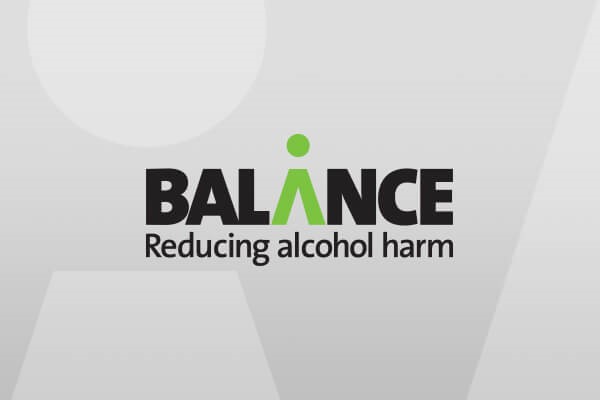Worrying rise in young people with alcohol-related liver disease
Experts are warning people about the long-term effects of alcohol as new figures reveal the number of hospital admissions for people under 30 with alcohol-related liver disease has increased by 400% in the North East – the England increase was 117%.
Research carried out by Balance, the North East Alcohol Office, has shown that 115 people under the age of 30 were admitted to hospital for alcohol-related liver disease last year, compared to 23 in 2002/03.
Hospital admissions across both genders and for all age ranges have also continued to rise in the North East for alcohol-related liver disease, almost doubling over the last 10 years from 2,088 in 2002/03 to 4,146 in 2011/12.
In England the number of admissions rose from 25,706 in 2002/03 to 49,456 in 2011/12 – an increase of 92%.
Dr Steven Masson, Consultant Hepatologist at the Freeman Hospital’s Liver Transplant Unit, said: “It is extremely worrying that we are seeing an increasing number of younger people diagnosed with alcohol-related liver disease.
“Although these figures may seem relatively small, the fact that 115 young people in our region were admitted into the North East hospitals with alcohol-related liver disease in the past year is terrifying. Only a few years ago this disease was extremely rare in people under 30 but unless our drinking habits change, the problem is only set to worsen.
“We need to ensure that people are aware of the dangers. The earlier the age at which people drink, and the more they drink, the greater the chance of developing terminal liver disease in adult life. Unfortunately in many cases, by the time people are presenting with these symptoms to a specialist the damage has already been done. And the damage is irreversible.
“A lot of people think that this sort of thing won’t happen to them. It does and sadly it’s something we are seeing more and more. Adults need to drink within the recommended limits – 2-3 units a day, or about two small glasses of wine, for a woman and 3-4 units, or about two pints of low strength beer or lager (3.5%), for a man.
“Unless we do something soon, liver specialists across the region are going to be dealing with more and more young people whose lives have been ruined by alcohol.”
Alcohol-related liver disease does not usually cause any symptoms until the liver has been extensively damaged but starts with fat deposits in the liver leading to inflammation (steatohepatitis), fibrosis (scar tissue) and ultimately liver failure from Cirrhosis.
Colin Shevills, Director of Balance, the North East Alcohol Office; said: “These figures demonstrate that we have a real problem and alcohol continues to have a devastating impact on our health.
“People are drinking too much from an early age driven by alcohol which is too affordable, too available and too heavily promoted.
“We will continue to support Government and minimum unit price as an evidenced-based approach to reduce alcohol harm. Despite receiving criticism, it is a targeted measure which increases the price of the most harmful alcohol such as strong white cider, and protects younger and heavier drinkers who are more likely to drink cheap alcohol, and suffer the consequences. It will have no effect on the price of a pint in a community pub.
“Importantly most people in the region have backed call for the introduction of a minimum unit price. It is supported by the majority of the North East public, it is supported by our GPs, it is supported by our police and it is supported our publicans.
“It’s also proven. A recent study carried out in British Columbia has shown a 10% increase in the average minimum price for all alcoholic drinks was associated to a 32% reduction in alcohol-related deaths.
“Minimum price is proven, it’s needed and it’s wanted – particularly by those who put our health first.”
Research carried out by the University of Sheffield indicates that after ten years, every year in England a minimum 50p per unit will:
• save 3,393 lives
• reduce hospital admissions by 97,900
• cut crimes by 45,800
• cut unemployment by 27,100
• save 296,900 working days lost through absenteeism
• reduce the amount younger and heavier drinkers consume.
It estimates that moderate drinkers could be expected to pay just 28p a week extra on their weekly alcohol bill for these benefits, if a minimum 50p per unit were introduced.
